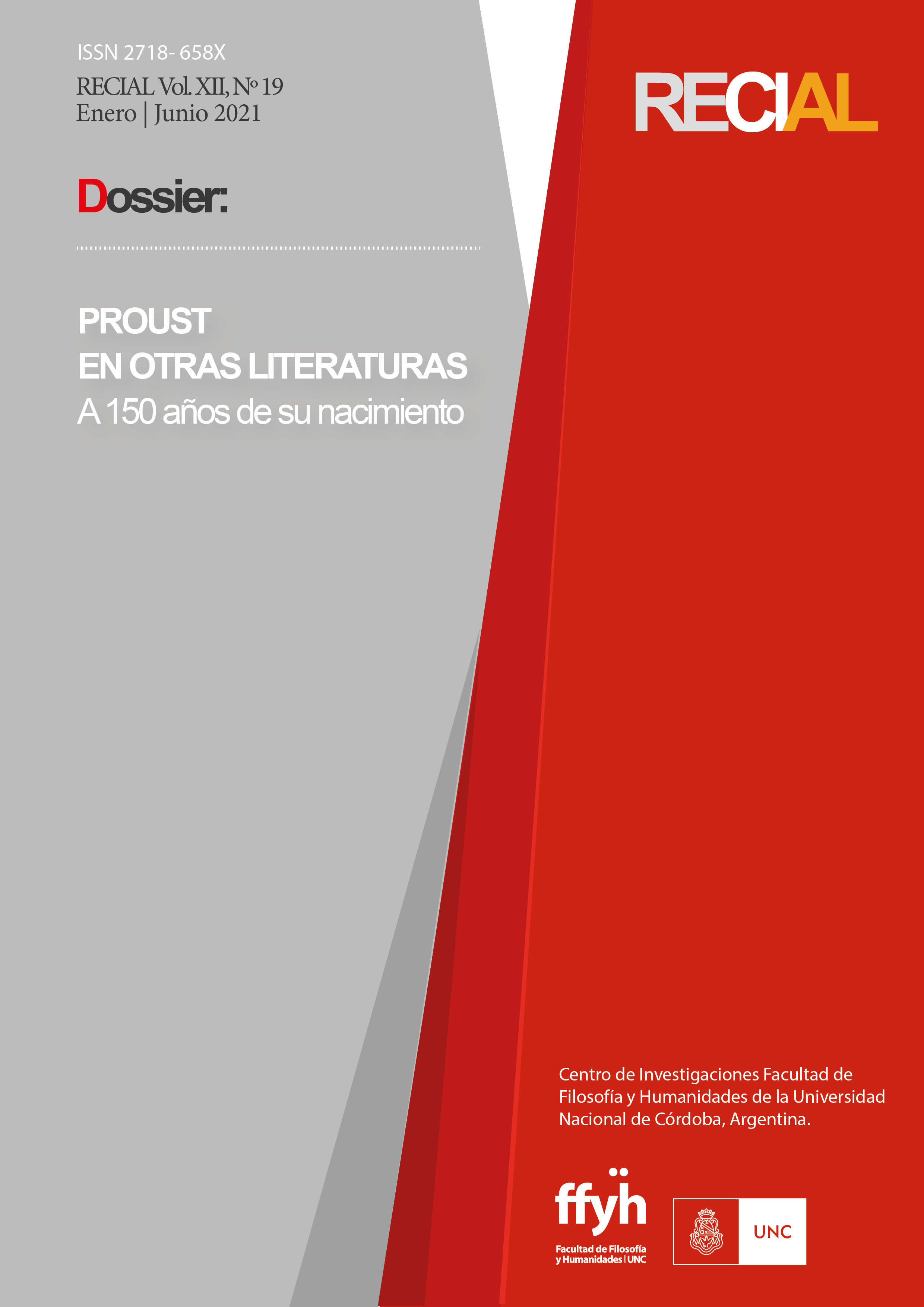Creative antagonism in William Blake: a non-populist form of politic polarization
DOI:
https://doi.org/10.53971/2718.658x.v12.n19.33865Keywords:
William Blake, Ernesto Laclau,, antagonism, populism, affective polarizationAbstract
In this paper we develop an analysis of how the idea of antagonism in the work of the poet William Blake is incompatible with the populist antagonism as Ernesto Laclau understands it, and how the antagonism in Blake helps overcome the obstacles towards progress derived from the populist idea of antagonism.
The comparison between both forms of antagonism and their implications is structured in three topics. The first topic is the idea of antagonism in the thought of each author, where we distinguish the relations of negation and contrariety in Blake, and the friend/enemy dynamics in Laclau. The second topic is the construction of identities, where we explore the idea of “minute particulars” in Blake and “empty signifier” in Laclau. And the third topic is the possibility of progress derived from each idea of antagonism, where we explore the forgiveness in Blake and the danger of “affective polarization” (Iyengar et al., 2019) in populism.
Our conclusion is that Blake’s antagonism better fosters progress by stating the coexistence of contraries in creative tension thanks to a precise definition of identities and the exercise of forgiveness.
References
Ault, D. (1974). Visionary Physics. Blake’s Response to Newton. Londres: The Univeristy of Chicago Press.
Bloom, H. (1971). The Visionary Company: A Reading of English Romantic Poetry. Nueva York: Cornell University Press.
Casullo, M. E. (2019). Por qué funciona el populismo. Buenos Aires: Siglo XXI.
Erdman, D V. (1977). Blake: Prophet Against the Empire. Nueva Jersey: Princeton University Press.
Erdman, D. V. (Ed.). (1988). The Complete Poetry and Prose of William Blake. Nueva York: Anchor Books.
Frye, N. (1979). Fearful Symmetry. A Study of William Blake. Nueva Jersey: Princeton University Press.
Iyengar, S., Lektes, Y., Levendusky, M., Malhorta, N., Westwood, S. J. (2019). The Origins and Consequences of Affective Polarization in the United States. Annual Review of Political Science, 22, 129-146.
Laclau, E. (1990). Nuevas reflexiones sobre la revolución en nuestro tiempo. Buenos Aires: Nueva Visión.
Laclau, E. (2005). La razón populista. Buenos Aires: Fondo de Cultura Económica.
Martínez Olguín, J. J. (2013). ¿Cuál pueblo? Crítica de la teoría del populismo de Laclau. X Jornadas de Sociología, Facultad de Ciencias Sociales, Universidad Nacional de Buenos Aires.
Panizza, F. (2009). El populismo como espejo de la democracia. Buenos Aires: Fondo de Cultura Económica.
Retamozo, M. y Stoessel, S. (2014). El concepto de antagonismo en la teoría política contemporánea. Estudios Políticos, 44, 13-34.
Rosanvallon, P. (2020). El siglo del populismo. Historia, teoría, crítica. Buenos Aires: Manantial.
Schmitt, C. (2009). El concepto de lo político. Madrid: Alianza.
Thompson, E. P. (1963). The Making of the English Working Class. Nueva York: Vintage Books.
Thompson, E. P. (1993). Witness Against the Beast. William Blake and the Moral Law. Cambridge University Press.
Vinx, L. (2019). Carl Schmitt. En E. N. Zalta (Ed.), The Stanford Encyclopedia of Philosophy. Recuperado de
https://plato.stanford.edu/archives/fall2019/entries/schmitt/
Downloads
Published
Issue
Section
License

This work is licensed under a Creative Commons Attribution-NonCommercial-ShareAlike 4.0 International License.
Aquellos/as autores/as que tengan publicaciones en esta revista, aceptan los términos siguientes:
- Los/as autores/as conservarán sus derechos de autor y garantizarán a la revista el derecho de primera publicación de su obra, el cuál estará simultáneamente sujeto a la Licencia de reconocimiento de Creative Commons que permite a terceros compartir la obra siempre que se indique su autor y su primera publicación esta revista.
- Los/as autores/as podrán adoptar otros acuerdos de licencia no exclusiva de distribución de la versión de la obra publicada (p. ej.: depositarla en un archivo telemático institucional o publicarla en un volumen monográfico) siempre que se indique la publicación inicial en esta revista.
- Se permite y recomienda a los/as autores/as difundir su obra a través de Internet (p. ej.: en archivos telemáticos institucionales o en su página web), luego de su publicación en la revista. (Véase El efecto del acceso abierto).





